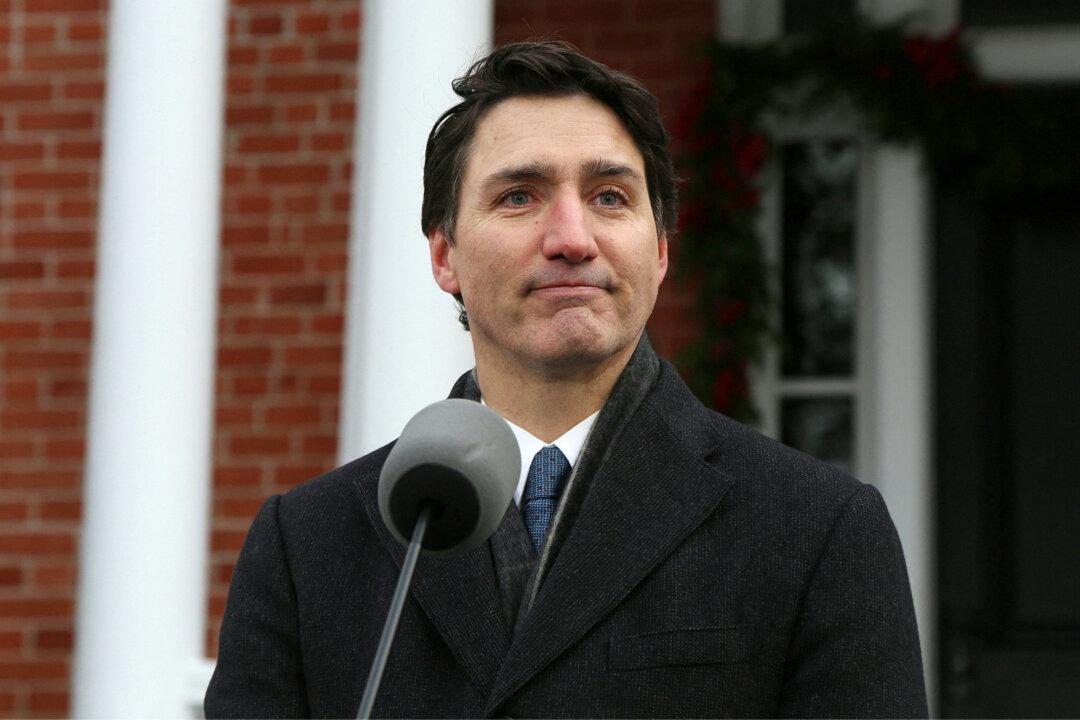News Analysis
Prime Minister Justin Trudeau has made a number of appointments to fill vacancies in the government apparatus and has created new roles in the bureaucracy in the weeks before his expected resignation.

Prime Minister Justin Trudeau has made a number of appointments to fill vacancies in the government apparatus and has created new roles in the bureaucracy in the weeks before his expected resignation.